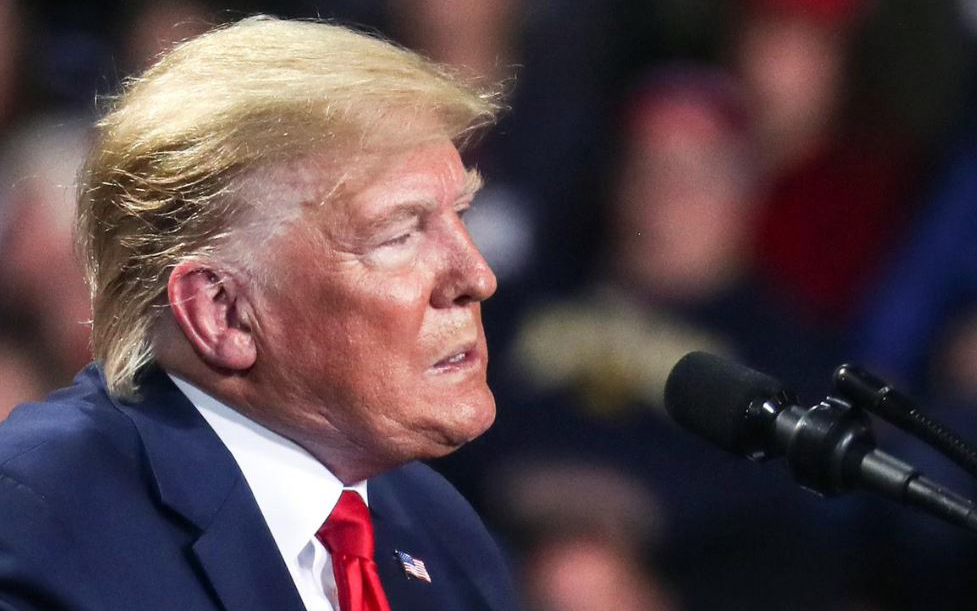×
The Standard e-Paper
Smart Minds Choose Us

Donald Trump on Wednesday became the third U.S. president to be impeached as the House of Representatives formally charged him with abuse of power and obstruction of Congress in a historic step that will inflame partisan tensions across a deeply divided America.
The Democratic-led House’s passage of two articles of impeachment on a mostly party-line vote sets the stage for a trial next month in the Republican-controlled Senate - friendlier terrain for Trump - on whether to convict and remove him from office.